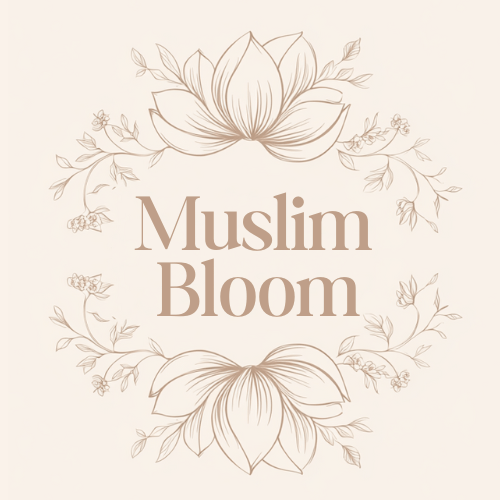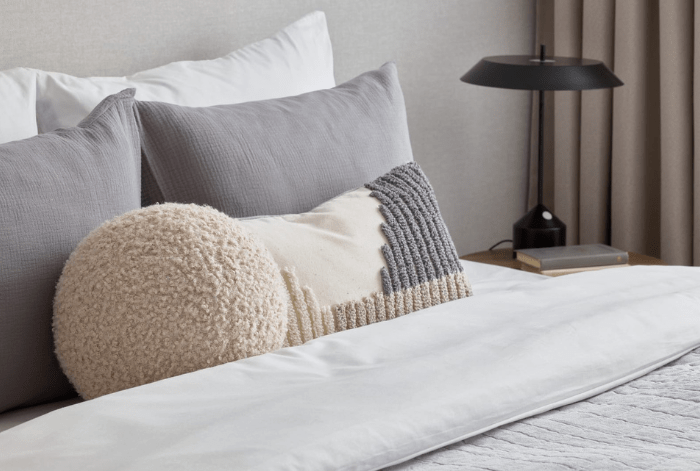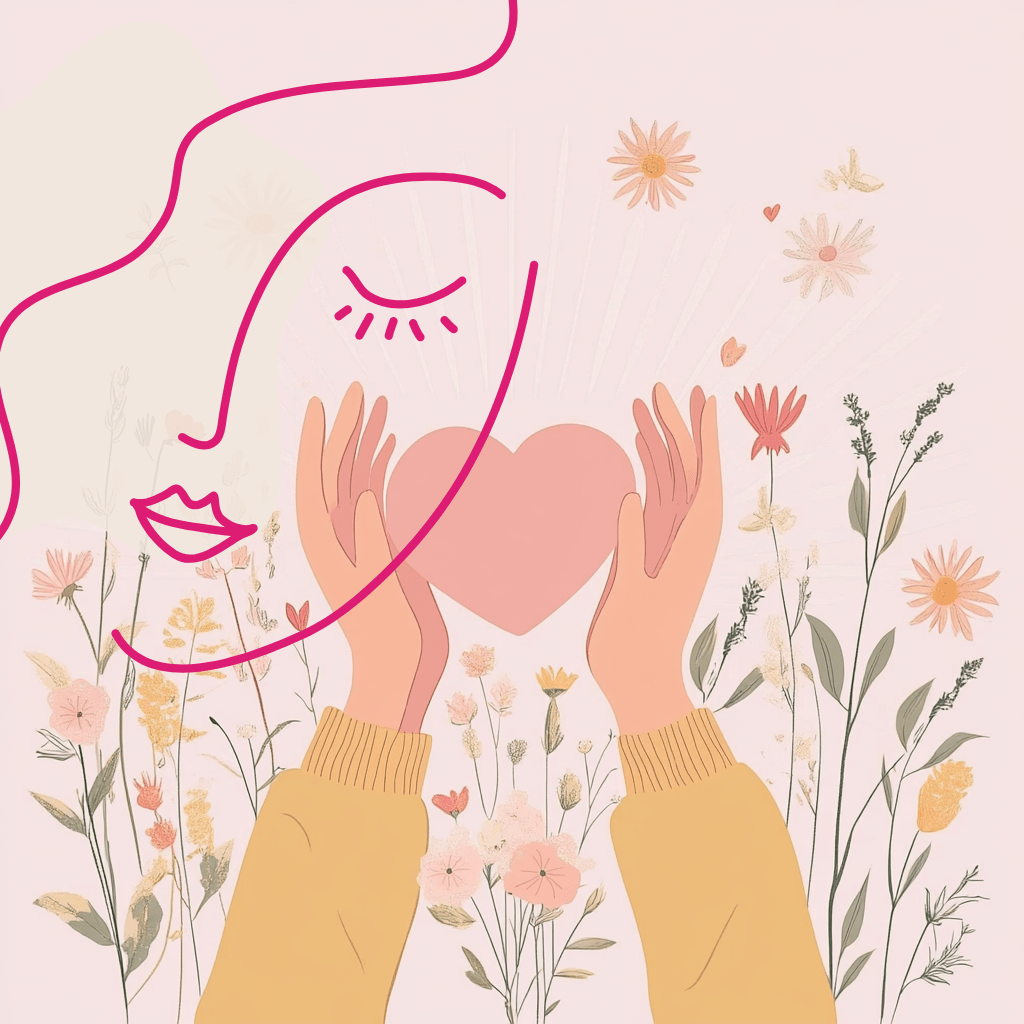When I moved into my dorm room in college. It was the first day and I remember setting up my room. After a while I receive a knock on my door. My new flat mate comes in loudly exclaims: “wow you have so much stuff”.
At this point, I’m kind of caught off guard and try to smile whilst low-key murmuring Allahuma Barik under my breath, like an awkward flamingo trying to balance on one leg. I’m a bit perplexed, like isn’t this a normal amount of stuff that everyone has?
Turns out no. My flat mate had just arrived from her home country and hadn’t brought much with her. Her room was very minimalist, low-key empty.
After packing up my stuff a year later. Once I had put everything away, I glanced at my room for the last time and thought, damn. The space looks so much bigger and nicer like this.
I almost fell in love with it again and couldn’t believe all the space I had. It looked so pleasant, empty and minimalistic. I kind of regretted not having kept it that “bare” all year long.
What Is Minimalism Really About?
Minimalism is basically about keeping what matters and getting rid of what doesn’t. It sounds simple, but it’s harder than you think when you’re living in a house full of stuff and everyone around you seems to collect more things every day.
Minimalism isn’t about having an empty house or throwing away everything you own. It’s about keeping what adds value to your life and letting go of the rest. Think of it as making room for what truly matters by clearing out what doesn’t.
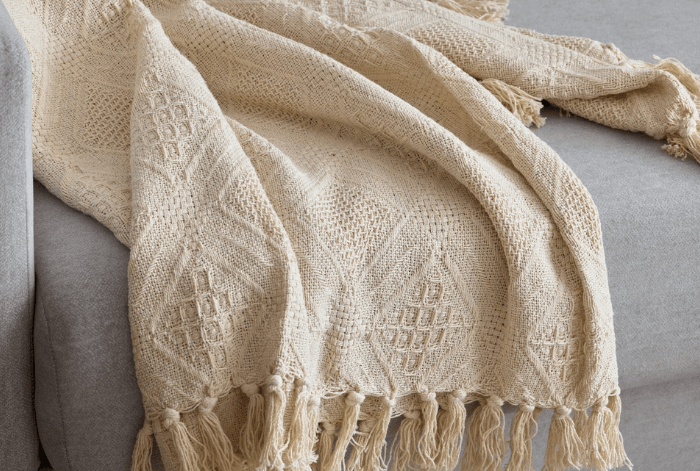
My Life
I come from an ethnic household which basically comes with the mindset “don’t throw that away we can use it for something”.
The old t-shirt can be cut up and re-used for cleaning. I swear the things we come up with our so ingenious. Like the good ole Mackintosh Quality Street chocolate tin bag used as a sewing kit.
There’s also that (I’m not going to say fear) but reassurance of having a whole bunch of stuff to be prepared for any situation. For example, having the medicine cabinet with meds in case of emergencies.
This ‘way of thinking’ leads to an accumulation of a lot of stuff for he ‘what if’ situations.
Anyone who knows me knows how much I used to struggle with all the stuff in my house. I genuinely hated it! I had also inherited this maximalist way of life. Ugh. Entering a living room with clutter or looking at my overflowing closet and messy desk was one of the most overwhelming parts of my day.
I had way too much stuff. Like Birthday cards from friends in middle school. Do ‘normal’ people throw those away?
I’m not going to pretend I’ve figured this out completely. My house is still pretty cluttered, and I live with people who love keeping “stuff”. But I’ve started noticing how all this affects me, and I’m trying to make small changes where I can.
The thing about minimalism is that it’s not about having a perfect, empty house like you see in magazines. We are not talking about the sleek Scandinavian minimalist house with the fluffy carpet and fireplace. But with being intentional with what you keep around you.
Minimalism in Islam:
What Does Simple Living Really Mean in Islam?
I used to think having more stuff would make me happier. My closet was packed with clothes I never wore, and my shelves were lined with books I’d never read again. But instead of feeling rich or successful, I felt overwhelmed and stressed all the time.
That’s when I realized all this stuff wasn’t serving me. I was serving it.
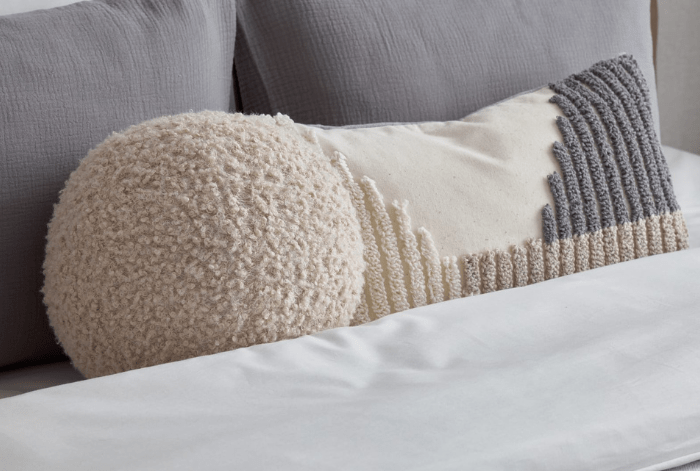
What Islam Says about Minimalism
Islam has always taught us about finding the right balance in everything we do. There’s this beautiful concept that keeps showing up in the Quran about not going to extremes.
O children of Adam, take your adornment at every masjid, and eat and drink, but be not excessive. Indeed, He likes not those who commit excess. (Quran 7:31).
This verse reminds us that while we can enjoy the good things Allah has provided, we should avoid excess in all forms, including our possessions.
Similarly, Allah describes the believers as those:
“Who, when they spend, do so not excessively or sparingly but are ever, between that, [justly] moderate” (Quran 25:67).
These foundational teachings show us that living simply isn’t about deprivation. It’s about finding the balanced middle path that Islam encourages in every area of our lives.
I used to think having more stuff would make me happier. My closet was packed with clothes I never wore, my kitchen drawers were stuffed with gadgets I used once, and my shelves were lined with books I’d never read again. But instead of feeling rich or successful, I felt overwhelmed and stressed.
What is Richness?
The Prophet Muhammad (ﷺ) taught us a profound truth about wealth and contentment:
“Richness is not having many possessions, but richness is being content with oneself” (Tirmidhi 2373).
True wealth comes from inner contentment, not from accumulating material goods.
When we constantly seek happiness through acquiring more things, we miss the real source of richness that Allah wants for us: Satisfaction with what we already have and gratitude for His blessings.
If you’re looking to live more simply while following Islamic principles, here are the things that will help you do this.
Minimalism: Simple Steps That Actually Work
1. Start Small and Be Real With Yourself
You don’t need to clear out your entire house in ONE weekend.
Instead, pick one drawer, one shelf, or one corner of a room. Look at each item and ask yourself when you last used it.
Be honest with yourself. If something has been sitting there for months without being touched, you probably don’t need it. The key is being real about what you actually use versus what you think you might need someday.
I can’t control the whole house, but I can work on my bedroom and maybe my desk area. I discovered that keeping just my desk clear, makes my day more enjoyable and productive. It’s not perfect, but it’s something I can actually manage.
2. Work on Your Own Space First
I live in a place with a lot of things, and I used to get really frustrated about the clutter everywhere. But I learned that I can’t control other people’s stuff. I can only work on my own bedroom and my desk area.
Even just keeping my desk clear makes my mornings more productive. It’s not perfect, but it’s something I can actually manage.
3. Focus on One Category at a Time
Instead of jumping around your house randomly, tackle similar items together. Go through all your books at once, then all your kitchen tools, then all your clothes. This way you can see how much you really have of each type of thing.
I was shocked when I pulled all my jeans into one pile. I had way more than I realized, and many didn’t fit well anymore.
It was easy to let go of the obviously bad ones, once I could see everything together.
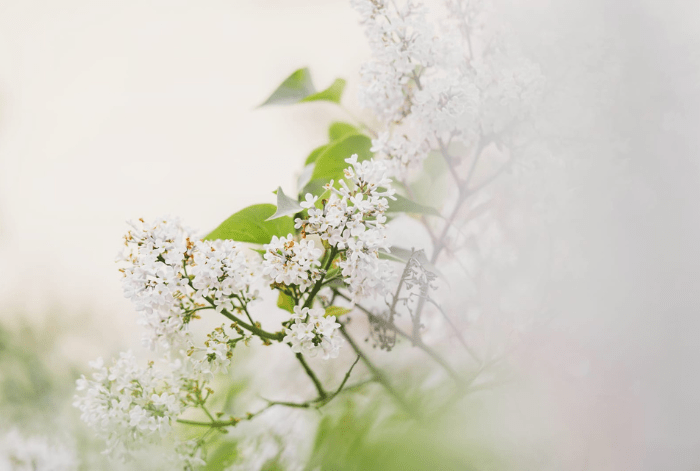
4. Ask the Right Questions
Before deciding to keep something, ask yourself: Does this add value to my life right now? Do I feel good when I use it? Would I buy this today if I didn’t already own it?
These questions help you think about your stuff differently. Instead of keeping things out of habit or guilt, you keep them because they actually serve a purpose in your life.
5. Create Systems That Work for You
Once you’ve cleared out the excess, create simple systems to maintain your space. Have a designated spot for everything you keep. When something new comes in, something else should probably go out.
Have you ever seen kids being encouraged when buying a new toy they need to give one away or donate or put in a save for later box? Well, that’s exactly what you’ll be doing.
Try to follow this simple rule: if I bring home something new, I need to find something old to donate or throw away. This keeps the clutter from building up again.
5. Making Peace with the Mess Around Me
The rest of my house is still pretty cluttered, and that used to stress me out. But I’m learning that I can only control my own stuff and my own reactions. Fighting with family members about their belongings doesn’t help anyone.
Instead, I focus on keeping my own areas manageable and try not to let the general chaos get to me as much.
6. What This Actually Looks Like Day to Day
My life isn’t some amazing transformation story. My house is still cluttered most of the time, and I’m still working on this stuff. I still lose things and get frustrated when I can’t find what I need. But there are small improvements.
When I manage to keep my desk clear, it’s easier to focus when I need to work. Having fewer clothes I never wear makes getting dressed slightly less overwhelming. These aren’t huge changes, but they affect my daily mood in a good way.
I’m also getting better at not stressing about other people’s stuff. It’s not my job to organize everyone else’s belongings or worry about things that don’t belong to me.
Being a Traveler in This World
One of my favorite hadiths from the Prophet Muhammad (ﷺ) is:
“Be in this world as if you were a stranger or a traveler” (Bukhari 6416).
This is beautiful guidance about how we should see ourselves as travelers in this Dunya and not get attached; either to it, nor its people.
When we view ourselves as temporary residents rather than permanent collectors, it becomes easier to let go of excess and focus on what truly serves our purpose in this life and the Dunya.
We should have a light attachment to material things, just as a traveler carries only what they need for their journey.
That’s how we should think about life. We’re just passing through this world, so why burden ourselves with more than we need? This doesn’t mean living in poverty or not enjoying life. It means being thoughtful about what we accumulate and remembering that none of this stuff is permanent anyway.
When you start seeing yourself as a traveler rather than someone trying to build a permanent fortress of possessions, letting go became so much easier.
Remember That This Is About Freedom, Not Deprivation
The goal isn’t to live like a monk or never buy anything again. It’s about being free from the burden of managing too much stuff. When you have fewer things to worry about, you have more time and energy for experiences, relationships, and activities that bring real happiness.
Islam teaches us that this balance, avoiding both excess and extreme deprivation, leads to true contentment. When we follow this guidance about moderation, we find that we have more time for worship, family, and the things that actually matter for our souls and our relationships with others.
The beautiful thing about Islamic minimalism is that it’s not about deprivation. It’s about making space in your life for what truly matters.
When I started practicing this, everything shifted. Instead of looking at what I didn’t have, I began appreciating what was already in my life. Instead of feeling poor because I couldn’t afford the latest thing, I felt rich because I had enough. This doesn’t mean you can’t want nice things or work toward goals. It means you don’t let the wanting control your peace of mind.
So enjoy the good things Allah has given you, but don’t go overboard. You can have nice clothes, good food, and beautiful things in your house. Just don’t let it become excessive to the point where it takes over your life or makes you forget what really matters.
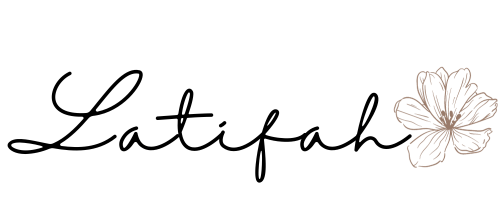
Found this post on Minimalism in Islam helpful? Follow me on Pinterest and pin it now read it later.
Save or share!
